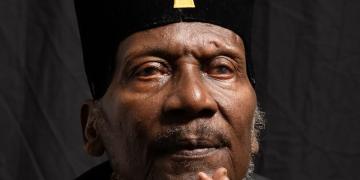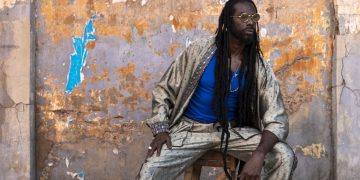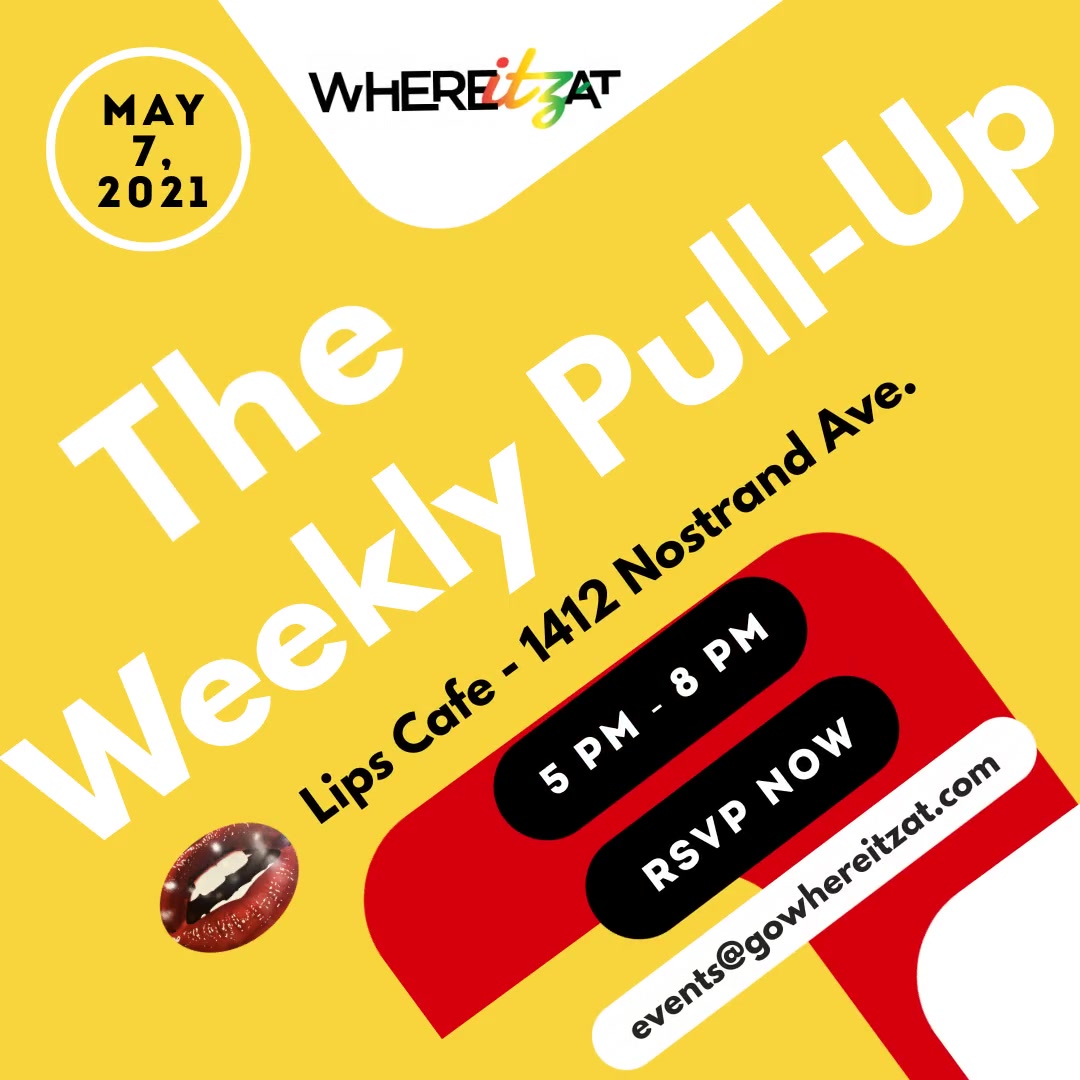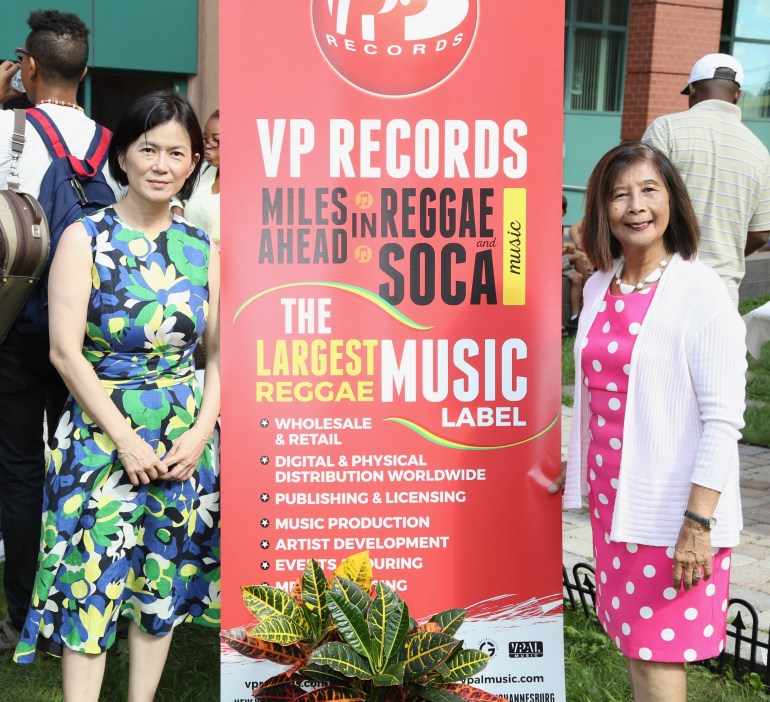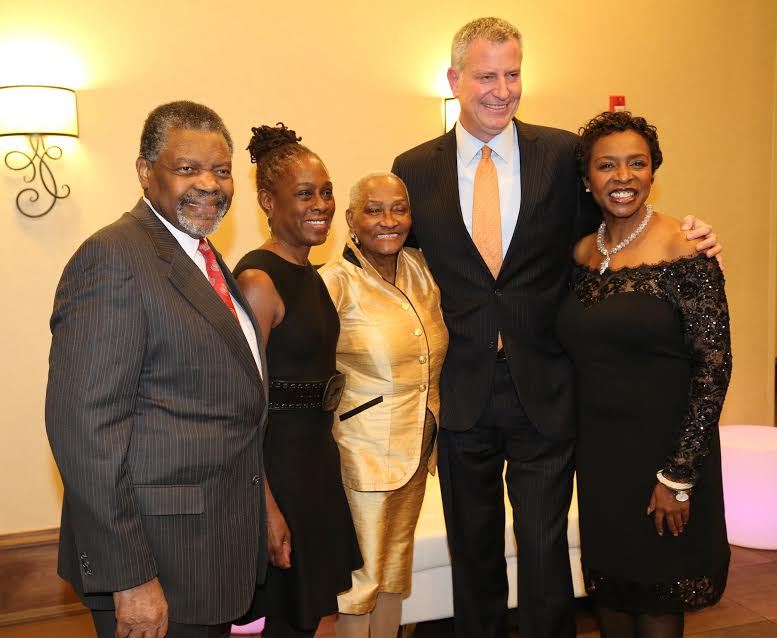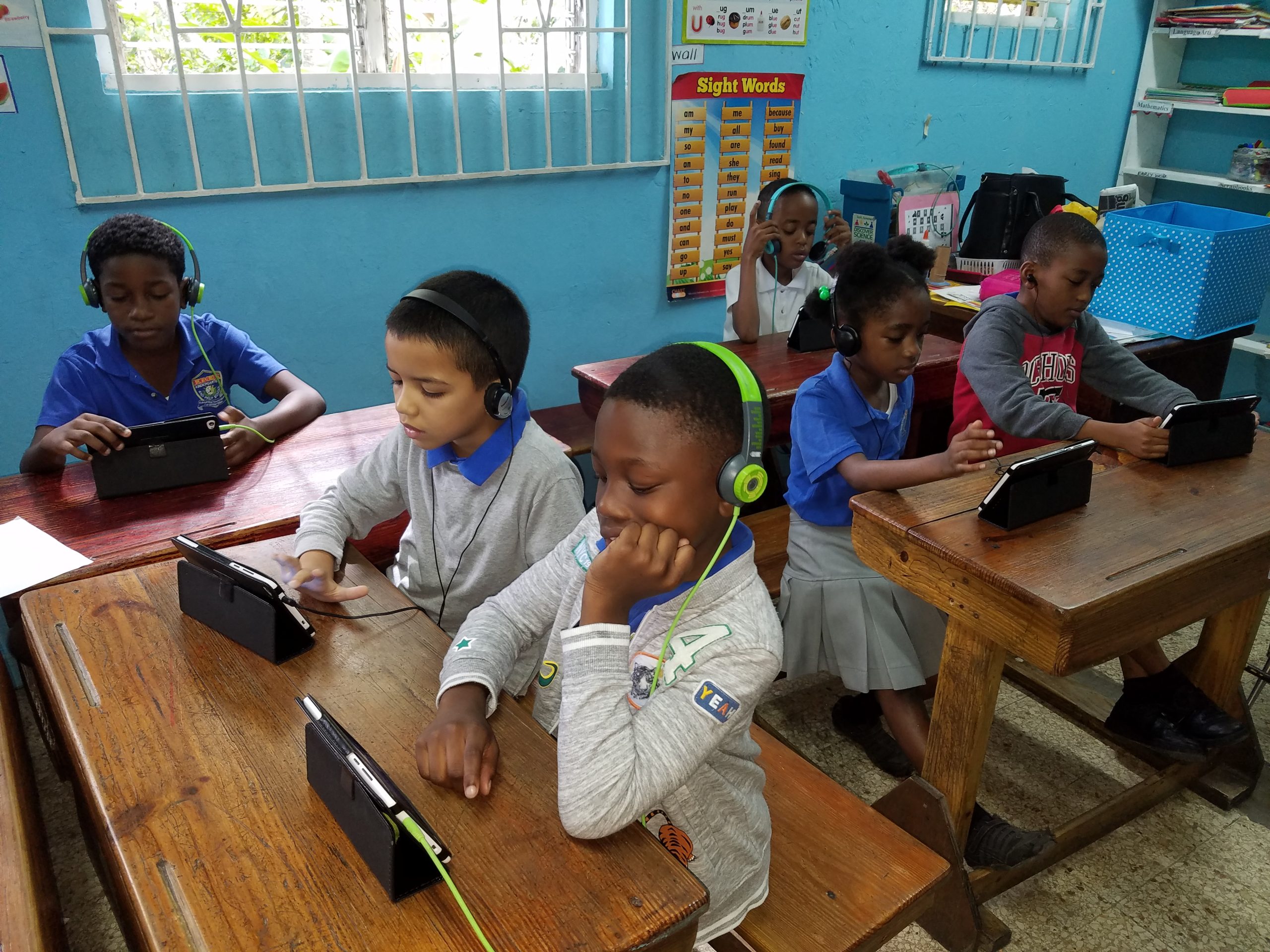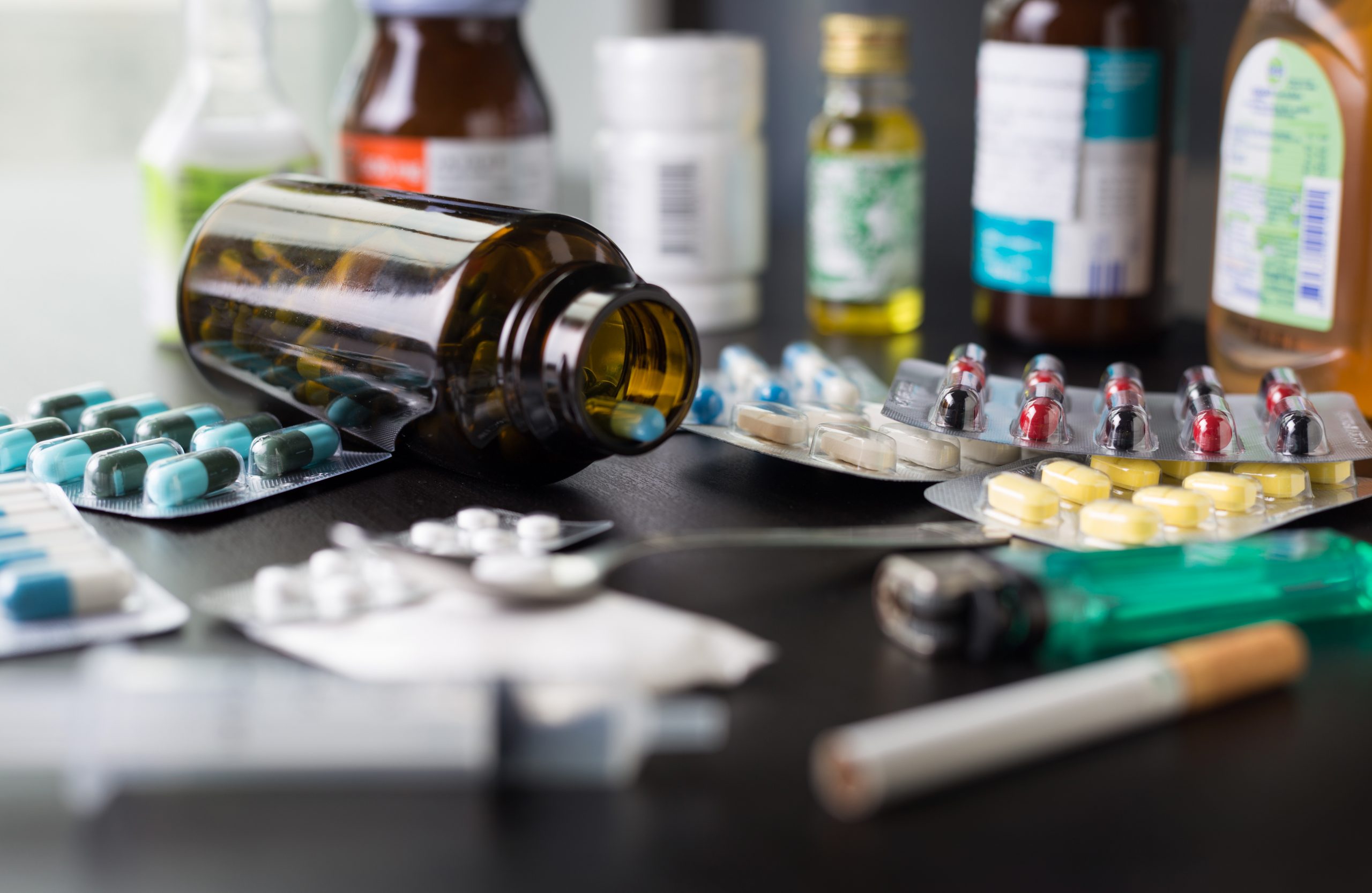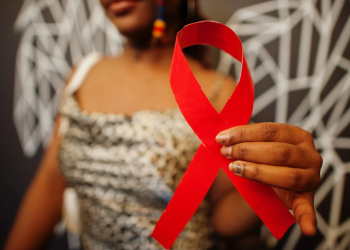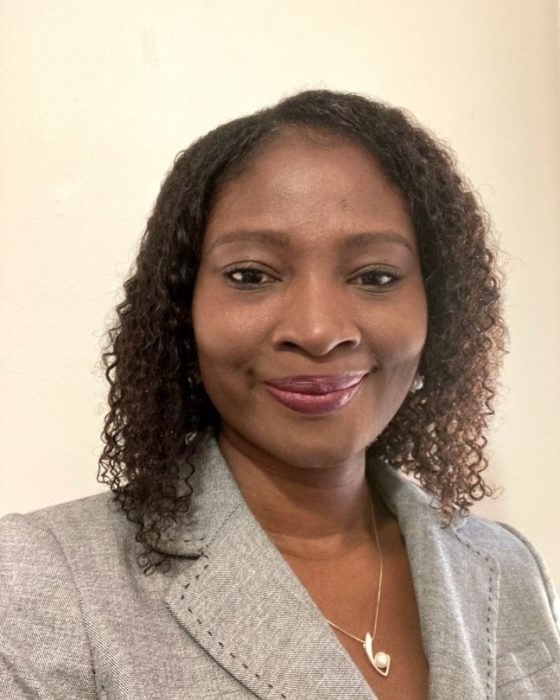
Hello Dr. Ige, Thank you for taking the time to chat with us. Given all that has transpired over the last couple of years with the Covid-19 pandemic and the advances made in new treatments and vaccines, we would definitely like to hear more regarding your role at the NYC Department of Health and the most recent oral antiviral, Paxlovid.
Chris Williams: I know we have quite a bit to discuss, but given your accomplishments and your title as Assistant Commissioner at the Center for Health Equity and Community Wellness at the NYC Department of Health, can you tell our readers a bit more about your background?
Dr. Olusimbo Ige: I have had the privilege of a diversified educational and professional background. I have a bachelor’s degree in Medicine from Nigeria’s Premier University along with graduate degrees in Public Health from the University of Manchester and Johns Hopkins University. I have worked as a primary care doctor treating patients in a public hospital and for USAID working with governments in the Global South to develop disease control programs. I was the Executive Director of Global Health at an international non-profit overseeing rural hospitals and health equity programs in 40 different countries including the U.S. I have worked with people from all over the world to solve health inequities and now I serve as an Assistant Commissioner at the NYC Health Department, one of the largest health departments in the world.
Chris Williams: When did you first develop an interest in medicine? Did you know then that you wanted to become a physician?
Dr. Olusimbo Ige: Growing up in Nigeria opened my eyes to suffering and disease quite early. I lost a childhood friend to sickle cell anemia when I was 10 years old. Then I lost my sister to cancer when I was in high school and my cousin to HIV. I just wanted to do something about all the premature deaths I was seeing around me. I chose to specialize in preventive medicine because it provided an opportunity to not only help the individual who comes into my clinic but also impact the health of entire populations.
It is the specialty of medicine where you can impact so many areas simultaneously. You can help prevent people from getting sick, address health concerns at the community, state, or federal level and you can be socially conscious and oriented to the big picture. I also love sharing my knowledge of how to maintain health and well-being with others. I think this comes from both of my parents being teachers.
Chris Williams: Since deciding on that path, what were some the obstacles you faced?
Dr. Olusimbo Ige: The biggest obstacle has been getting more attention and resources to address health inequities. The health of an individual is more than personal choice or genetics. Conditions like poverty, structural racism, and discrimination all play an important role. While health care is important, studies show that other necessities beyond the control of an individual also play an important role. For example, access to nutritious food, safe and convenient transportation, environmental quality, basic housing, and fair employment.
Given that health is shaped by multiple determinants of health including social, economic and environmental structural factors. Achieving health equity requires engagement not only from the healthcare sector, but also other industries like education, transportation, housing, planning, public health to name a few. Achieving health equity is a communitywide effort. This is the hardest part of the job. We spend billions on healthcare but not as much on ensuring that social and environmental conditions promote health.
Chris Williams: Now here we are, still recovering from a global pandemic and searching for new ways to ensure we get the necessary care and treatment to save lives. What are some of the latest initiatives being taken at the NYC Department of Health to ensure our communities, especially the underserved communities, are protected?
Dr. Olusimbo Ige: We understand that a place as diverse as New York City deserves an approach that meets people where they are. To promote effective tools against COVID-19 – such as vaccination — we have relied on partnerships. For example, we have partnered with over 700 community-based participants including the Caribbean Women’s Health Association to engage the community to promote the COVID-19 vaccine. Organizations that are trusted in the community are the backbone of our work.
Chris Williams: Tell us about Paxlovid. Who should be using it and how does it work?
Dr. Olusimbo Ige: Paxlovid is a life-saving medication that can lower the amount of COVID-19 virus in your body, reduce symptoms and help you avoid hospitalization. This oral antiviral pill is taken daily for five days. It is highly recommended for people ages 12 and older who weigh at least 88 pounds and have any condition that puts them at higher risk for severe COVID such as obesity, diabetes, or a heart condition.
There are several ways to get this effective treatment. New Yorkers including those in the Caribbean community can call 212-COVID (212-268-4319) and speak to a NYC Health + Hospitals doctor who will send the prescription to Alto pharmacy and it will be delivered to your home. Or you can visit expresscare.nyc. You can also call your own doctor.
Chris Williams: What does the development of Paxlovid mean for those who are still unvaccinated?
Dr. Olusimbo Ige: Vaccination remains the strongest tool we have against COVID-19 and its variants. However, we have other effective tools against severe illness and death. For those who test positive, antivirals like Paxlovid are extremely effective at keeping people out of the hospital. Paxlovid has been found to be about 88% effective in preventing hospitalization and death in unvaccinated, high-risk adults with COVID-19.
Chris Williams: What are some of the most critical steps or precautions people should be taking at this time to ensure they are and remain protected?
Dr. Olusimbo Ige: Whether cases are increasing or decreasing, the best way for people to stay protected against COVID-19 is to get vaccinated. If you are vaccinated, get boosted when it’s time.
Mask up if you are in public indoor settings. Get tested before and after large gatherings.
If you test positive, treatments are available. We can keep ourselves, and one another, safe.

